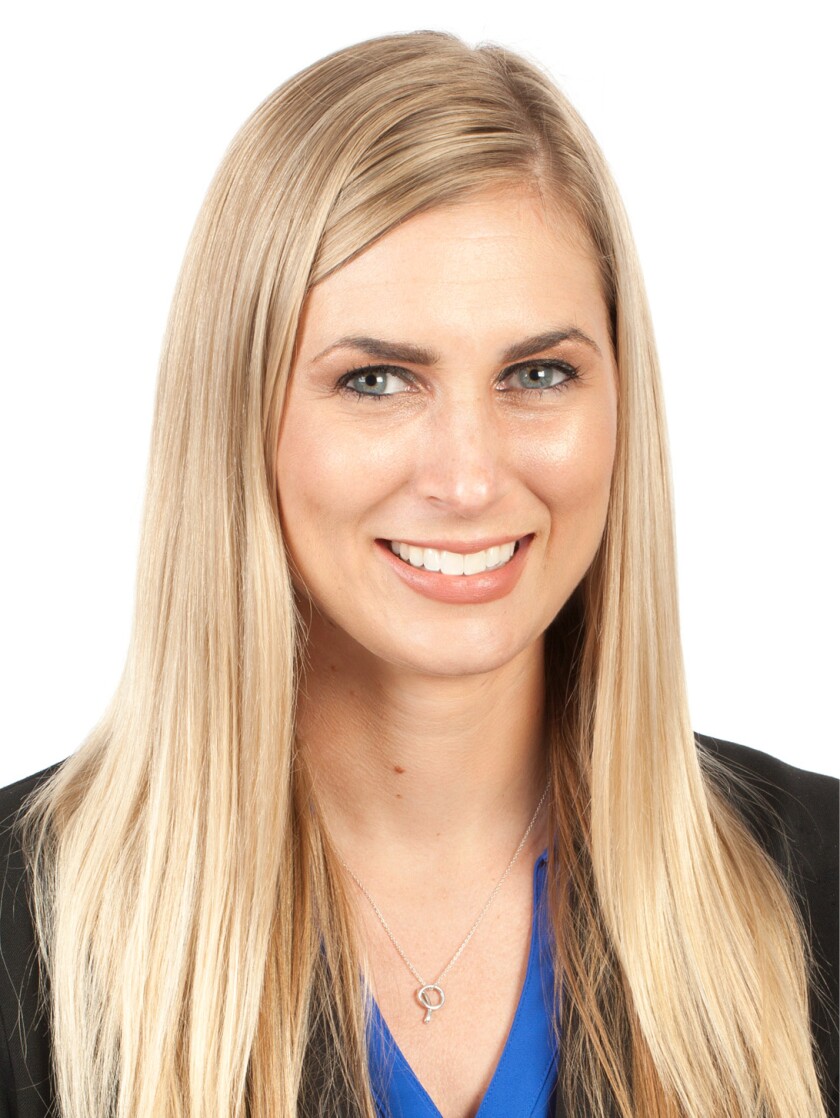The Internal Revenue Service issued guidance Tuesday to make temporary changes to section 125 cafeteria plans, with the goal of providing tax relief and flexibility in the midst of the novel coronavirus pandemic. The IRS is extending the claims period for health care flexible spending arrangements and dependent care assistance programs and enabling taxpayers to make mid-year changes to their accounts.
The guidance released Tuesday by the IRS deals with the unanticipated changes in expenses faced by many taxpayers as a result of the COVID-19 pandemic. The IRS is now allowing its previously provided temporary relief for high deductible health plans to be applied retroactively to Jan. 1, 2020, and also increases for inflation the $500 permitted carryover amount for health FSAs to $550.
Germaine Cota, CPA, is senior vice president of finance & accounting at BILL.
Jacob T. Crowley, CPA, is an assistant professor of accounting at the James F. Dicke College of Business Administration of Ohio Northern University. Prior to joining the faculty at ONU, he was an auditor in the Deloitte Cleveland office focusing on manufacturing and landscaping services. He teaches principles of accounting, intermediate financial accounting, auditing, accounting information systems, and is the capstone program coordinator at ONU. He performs research on audit quality, accounting pedagogy, and NCAA college athletics. He is a certified public accountant in the state of Ohio and a member of the board of directors of the North American Accounting Society.
Ashley Monaco is a professional assistant professor of accounting at Walsh University. She holds CPA and CFE licenses, as well as a master's degree in forensic accounting from Ohio Northern University. Before joining the university, she worked as an auditor for a midsized firm. She also serves as the advisor for the university's accounting club and is actively involved in fostering connections between academia and industry.
In Notice 2020-29, the IRS is offering extra flexibility to taxpayers by:
- extending the claims periods for taxpayers to apply unused amounts remaining in a health FSA or dependent care assistance program for expenses incurred for those same qualified benefits through Dec. 31, 2020;
- expanding the ability of taxpayers to make mid-year elections for health coverage, health FSAs and dependent care assistance programs, allowing them to respond to changes in needs as a result of the COVID-19 pandemic; and
- applying earlier relief for high-deductible health plans to cover expenses related to COVID-19, and a temporary exemption for telehealth services retroactively to Jan. 1, 2020.
In conjunction with that notice, the IRS also issued Notice 2020-33, in response to the Trump administration’s Executive Order 13877, which directs the Treasury secretary to “issue guidance to increase the amount of funds that can carry over without penalty at the end of the year for flexible spending arrangements.” The notice ups the limit for unused health FSA carryover amounts from $500, to a maximum of $550, adjusted each year for inflation.




